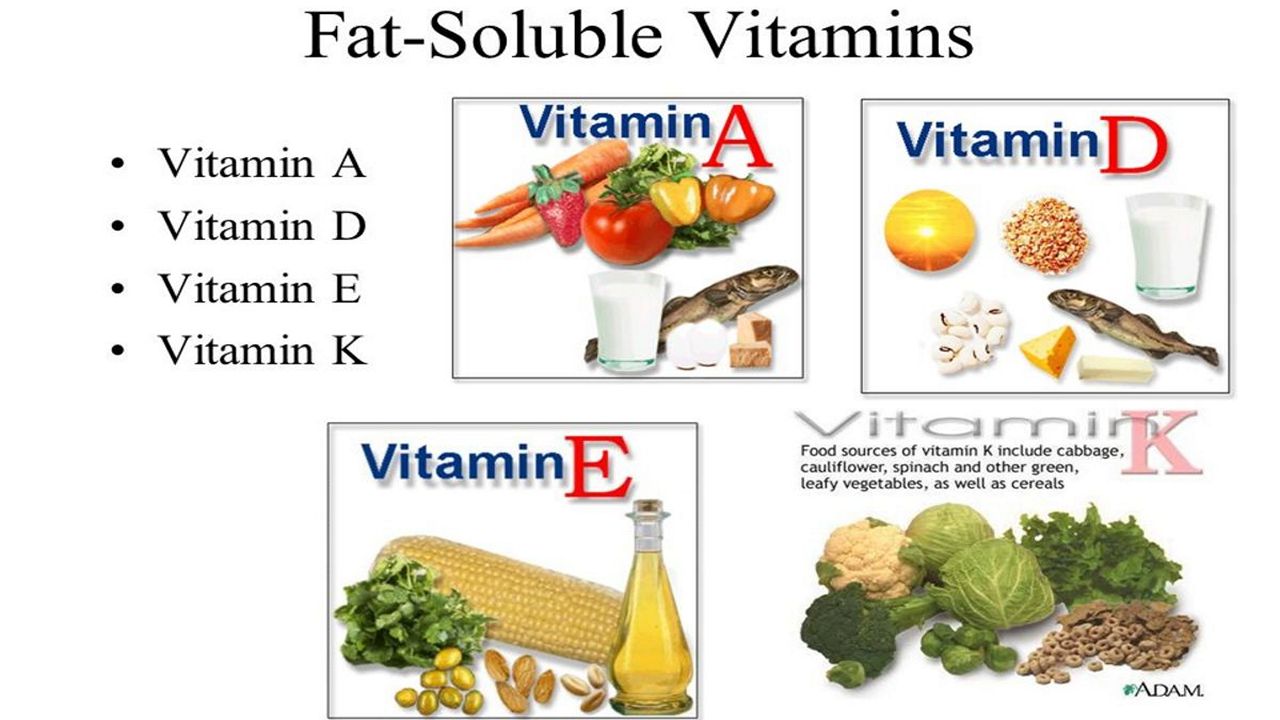In order to maintain a healthy lifestyle, individuals all around the globe consume vitamins, which play a crucial role in our body functioning the way it should. Vitamins serve different purposes for keeping us fit and healthy. You may have noticed that some are fat-soluble in the packaging of vitamins, and some can easily be soluble in water. Both have some similarities and differences. So before you decide to purchase some vitamin supplements at one of the reliable organic online shops like the Glimja.se website, for example, we offer to figure out all the necessary information on nutrients essential for our body’s growth and their diversities.
Water-Soluble Vitamins

As the name suggests, these are the vitamins that can easily be dissolved in water. Therefore, these vitamins can be absorbed by the tissues easily and can be used to fulfill the immediate requirements of the body. As they are soluble in water so they cannot be stored in the body. Thus, these vitamins are required in significant quantities because the body consumes them and excretes them quickly. Even if the body absorbs these vitamins in excess, they are passed through the urine and near accumulated. Many times, people are unaware and do not consume them a lot, and that’s why a deficiency exists. However, one must consider that taking these vitamins in excess may cause unwanted diseases such as diarrhea. Hence, one should ensure that proper guidelines about the intake of water-soluble vitamins are taken into account. It is also a good idea to get your regular check-up done to ensure which vitamin your body lacks and what amount of substance it requires.
Some common examples of water-soluble vitamins are 1) Vitamin B1, 2) Vitamin B2, 3) Vitamin B3, 4) Vitamin B5, 5) Vitamin B6, 6) Vitamin B7, 7) Vitamin B9, 8) Vitamin B12, and Vitamin C.
Fat-soluble vitamins

If considering the name, it becomes clear that these are the vitamins that can be readily absorbed by fat globules. Then these substances make their way through the globules to the small intestine and, after that, run into the bloodstream. Some people might ponder the fact what if these vitamins are taken in excess amount? The answer to this question is that there is nothing to worry about, as any excess of these vitamins is stored in the liver and tissues for future use. Whenever the body requires them, they are then utilized. However, an important point to consider is their detrimental effects, as they cannot be excreted. These vitamins might even end up being summed up to toxic levels. Hence, one should ensure these vitamins are not consumed in excess. If you wonder what proper quantities you need, you may check out the Glimja website that provides tons of information related to consuming and utilizing these vitamins.
To put it short in simple words, every individual needs to know the nature of the vitamins that he or she is consuming. Having primary and general knowledge of vitamins is what matters the most. This is because some vitamins are fat-soluble while others are water-soluble. Knowing the difference will let you know which ones are better to consume personally for you and how much is supposed to be taken.

